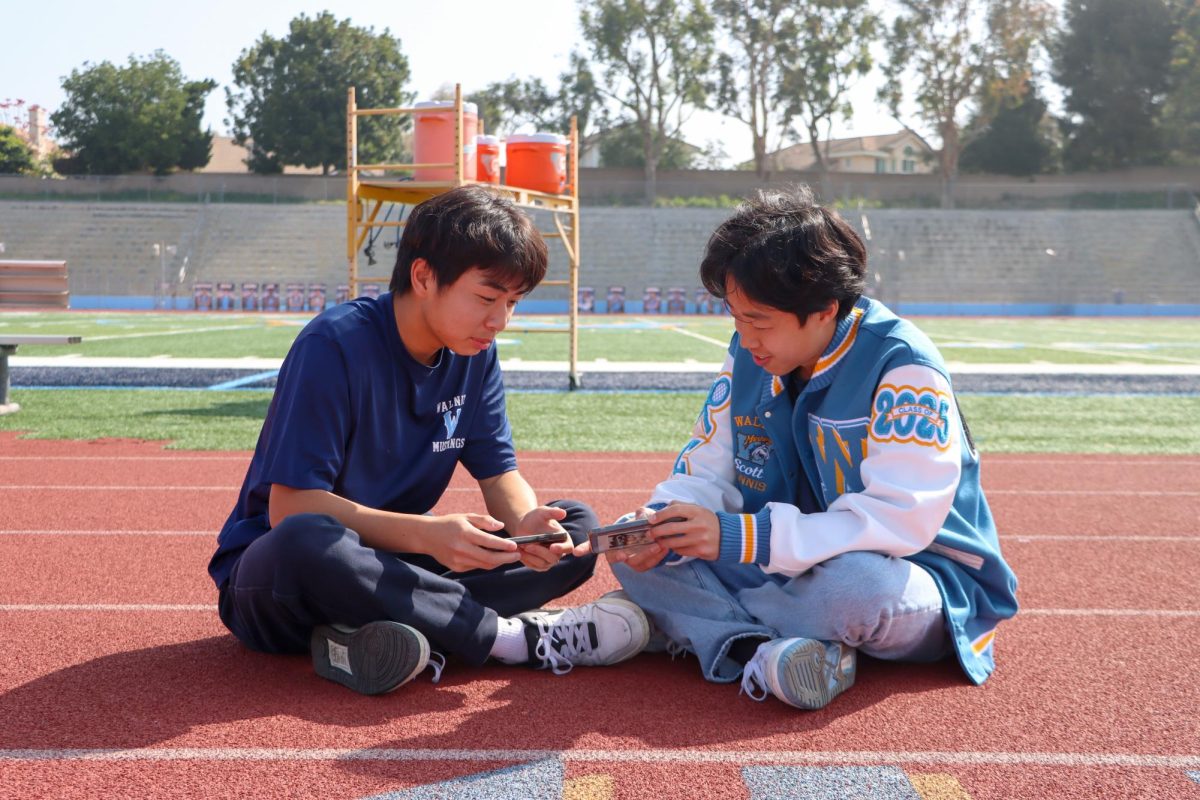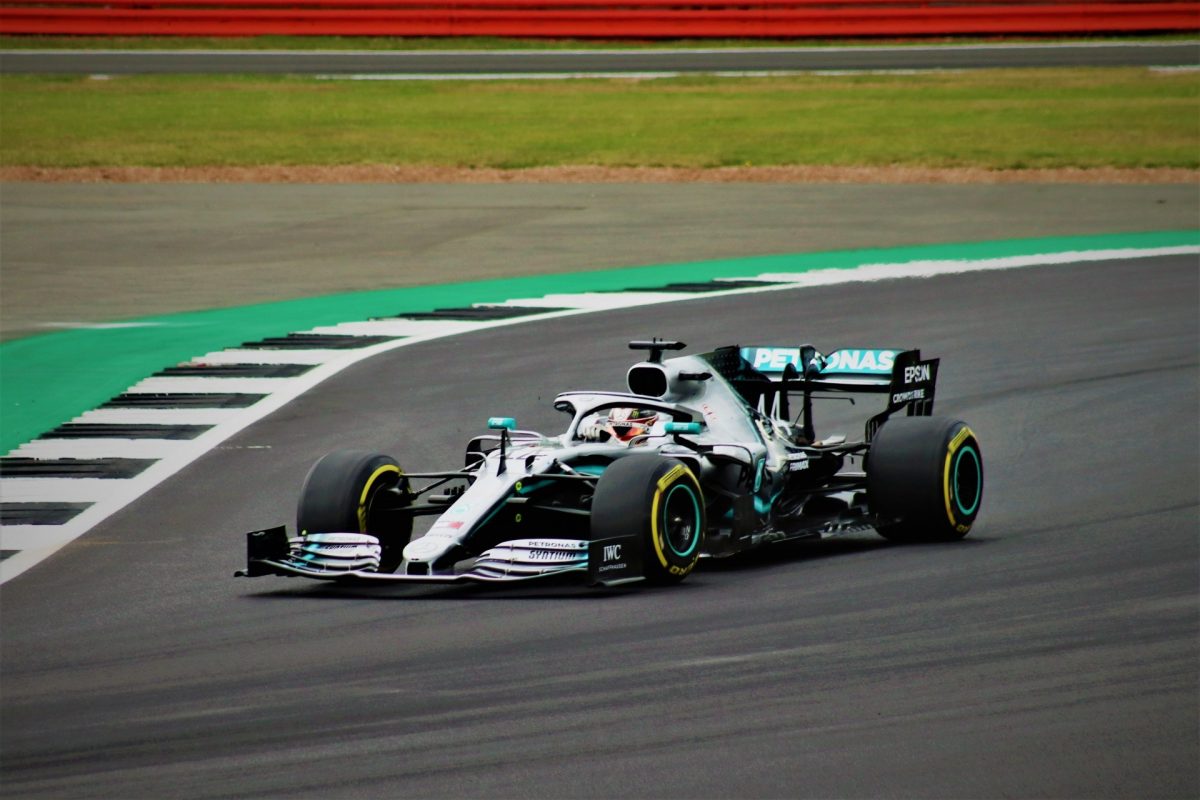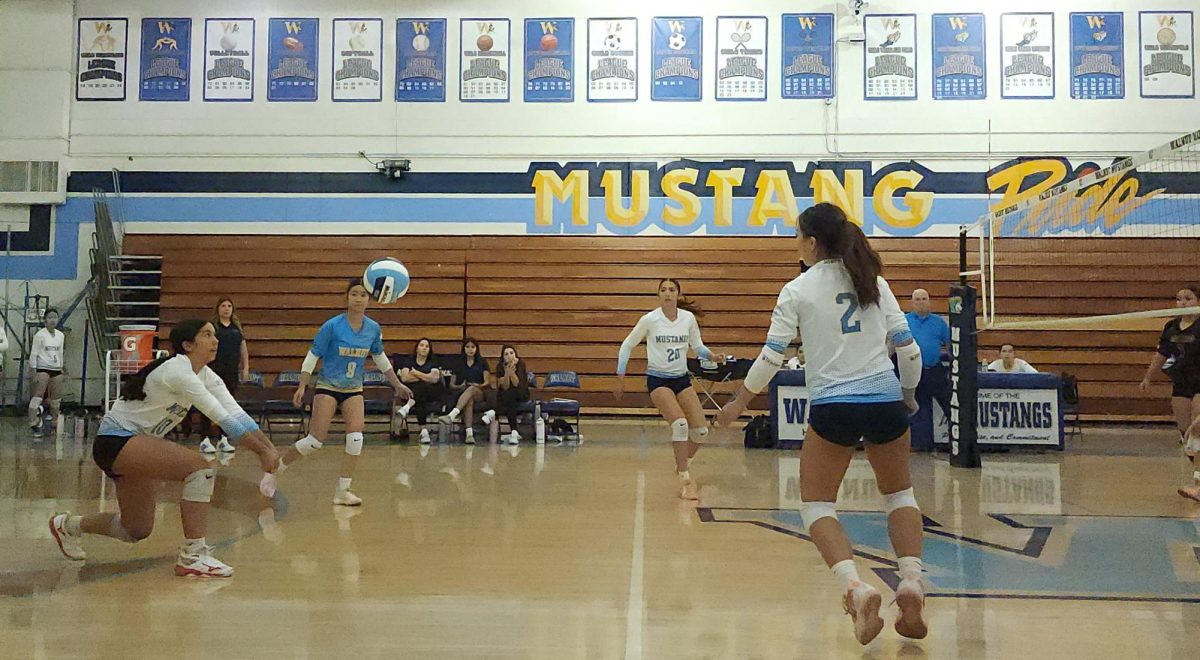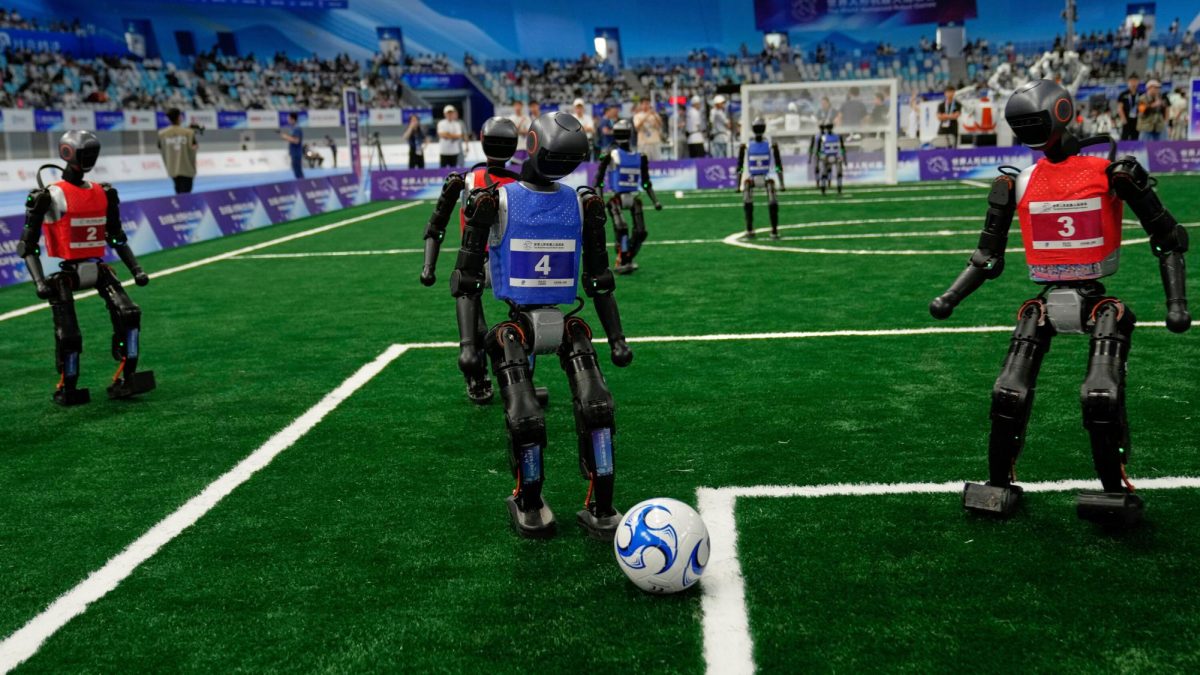In recent years, Esports has emerged as a new phenomenon that captivates millions of online players every year. However, some traditional sports critics argue that online gaming is not a real sport. According to many dictionaries, sports are an activity that “involves physical exertion” and skill in which there is competition. But the reality is that Esports has earned its place in the world of competitive sports.
In some ways, Esports has outgrown “real” sports, as it dwarfs traditional big events like Formula 1, Wimbledon, and UEFA Cup. It is also the fastest growing sports industry at a rate of 43% more professional athletes per year since 1998. With developing professional leagues and organizations, Esports has cemented itself as a lucrative industry.
Professional gaming requires skill, coordination, and organization. Esports players often spend their time improving, practicing techniques, and mastering the skills of their selective game. Like traditional athletes, they must possess fast reflexes, coordination, and ability to make quick split-second decisions under pressure.
Although many may view Esports as an unintense and sedentary activity, it is the opposite. One common misconception about Esports is that it does not require physical exertion. While sports like basketball and football require higher levels of physical activity, online athletes still undergo constant training to keep up their skill level.
Additionally, Esports requires more mental focus and concentration compared to traditional sports because of how quickly the games can happen. There is also a variety of video games that are widely available for many people to enjoy and compete in.
As someone who plays electronic sports and a traditional sport, both require skill and competition under pressure. Performance is key and the skill, dedication, and competitive nature of esports are undeniably there. As the world of online gaming continues to grow, it is clear that it is here to stay.









